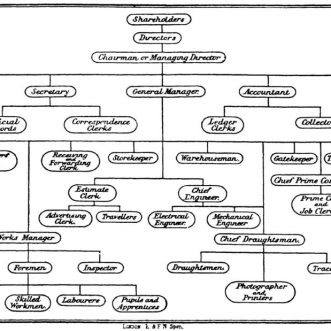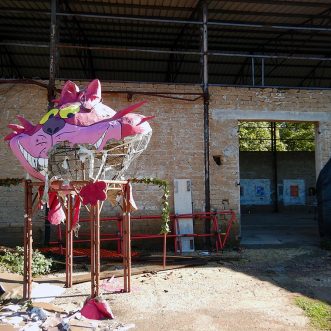
Getting people to do what needs doing
When I was in infant school, I used to play with my friends. We’d pretend to be characters in a story, then play-act the story, making it up as we went along. We’d decide who was going to be who, then start with a scenario from our story. We never knew how the story was going to end, or even where it would go next. We’d discuss that between ourselves as we play-acted – ‘what if you do this, then I’ll do this, and she can do that’. We always agreed on something mutually satisfying to all parties, and so ended up with a very satisfying play, that would often extend over multiple playtimes.
We played other, more formal games too – skipping – with two people turning the rope, and everyone taking a turn to jump in and do tricks; or French skipping, where we each took turns to make a kind of cat’s cradle out elastic held taut between two people’s ankles.
Whether though consultation and improvisation, or by using a shared set of rules, we collaborated to produce a shared outcome we were all happy with.
What we didn’t realise, couldn’t realise at that age, was that what we were actually doing was getting each other to do what needed doing.
In other words, management.
Nowadays we tend to think of management as a mostly top-down affair. Imposed in the belief that people a) won’t work unless they’re made to, and b) need to be surveilled to make sure they do. “Getting [other] people to do what needs doing”.
That’s a very 18th century view, based on a fundamental and very apparent asymmetry of power.
The asymmetry is still there, but many organisations have found more equitable ways to get people to do what needs to be done:

And seems that the further to the right, the better the performance as a whole. Although most organisations I’ve worked in, have barely made it past a ‘participative’ style.
Personally, I think this diagram should look more like this:

Which is why The Disappearing Boss is actually about making everyone a Boss.
But then, I never did like games where someone was ‘in charge’.
Not even when it was meant to be me.
Discipline makes Daring possible.
HT to Seth Godin for the prompt.








